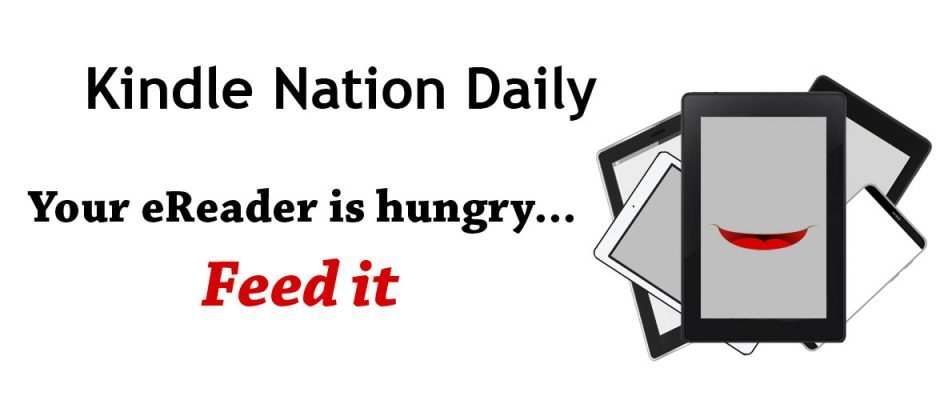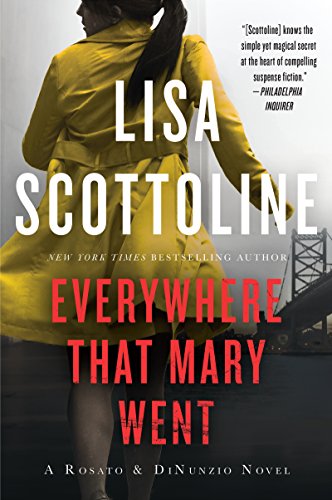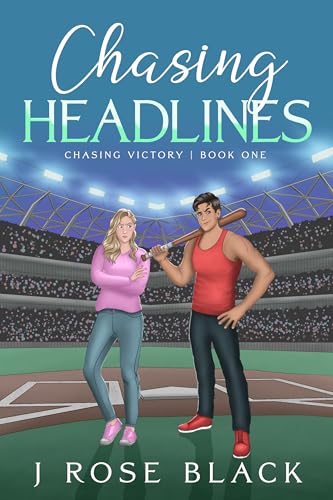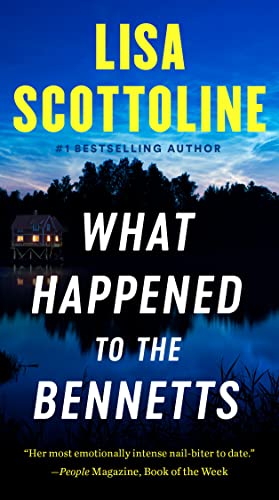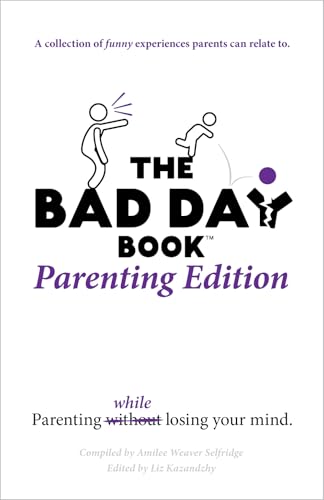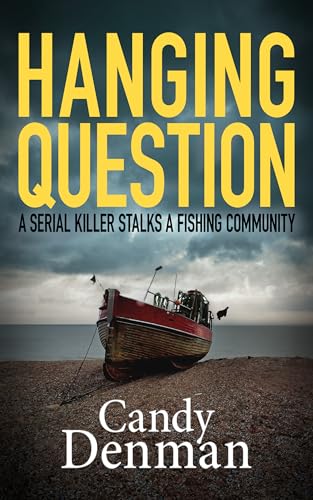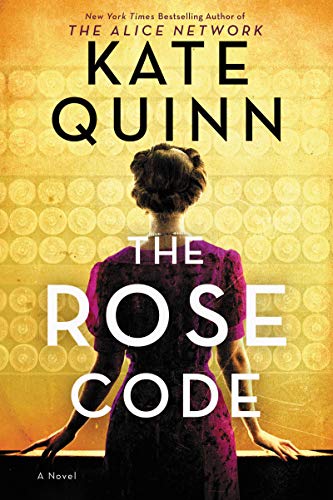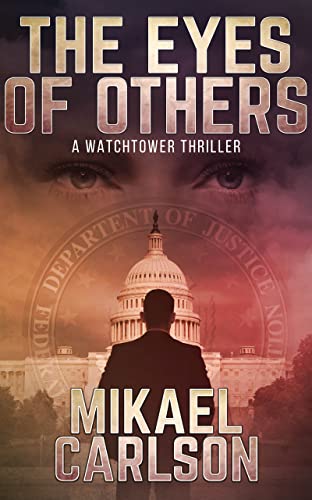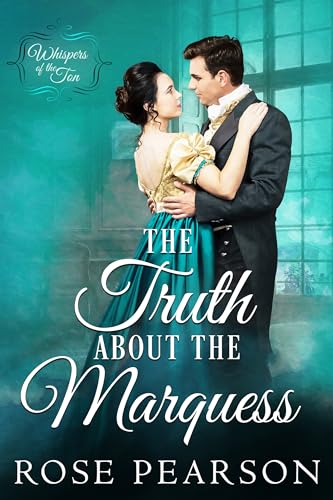I’m sure I’m not the only one who is sometimes fascinated by the issues that pop up, among my fellow authors and readers, as reasons for staying away from new technologies such as the Kindle and even print-on-demand publishing services such as those provided by Amazon’s CreateSpace.com and Ingram’s Lightning Source. Some of us are Luddites, some of us are anti-corporate (so we would prefer Random House, right?), some of us are skeered to death of being branded as DIY self-publishers, and ….
And here’s the one for which I, as a former brick-and-mortar indie bookseller and member of the  American Booksellers Association, have the most patience:
American Booksellers Association, have the most patience:
We want to support indie bookstores and we want to make it easy for our readers to find our books on the shelves in indie bookstores. Real bookstores.
Not Amazon. Certainly not the Kindle store. Not chains. Okay, maybe chains if they serve good coffee.
Of course. I love indie bookstores and the people who run them and work at them. I am well aware of the forces that have conspired against them over the past few decades, and it is true that I cannot help but notice certain parallels between the indie bookselling trade and the traditional newspaper business. These parallels may even include the prospect that changes in technology are making it inevitable that indie bookstores and traditional newspapers will share the same fate. But those of us who want to do all we can to keep indie bookstores and traditional newspapers alive are driven in most cases by honorable motivations.
That being said, I for one want to see signs from the indie booksellers themselves that they are doing all that they can, and being as imaginative as possible, in an effort to find ways to appropriate the newest and most interesting technologies to connect more readers with more books in more customer-centered ways. One example that tickles me: a favorite local bookstore of mine (and one that like my tiny publishing company may also have drawn its name from a venerable institution from my undergraduate days) is offering inexpensive delivery of all local orders, using emissions-free vehicles, in partnership with MetroPed, “Boston’s human-powered delivery service.”
And here’s another: another long-time bookstore fave o’ mine, Vermont’s Northshire Bookstore, has installed an Expresso Book Machine to offer almost-immediate in-store printing and binding of an incredible array of titles including thousands of titles from On Demand Books, thousands more becoming available from the 8,000 publishing partners of Ingram’s Lightning Source POD facility, and — I especially love this one — a growing catalog of local-interest titles offered by  Northshire’s in-house Shire Books imprint. (Yes, this is how Lawrence Ferlinghetti would have begun offering his own Pictures of the Gone World and other City Lights Books titles at the North Beach store if the technology has existed back in 1955).
Northshire’s in-house Shire Books imprint. (Yes, this is how Lawrence Ferlinghetti would have begun offering his own Pictures of the Gone World and other City Lights Books titles at the North Beach store if the technology has existed back in 1955).
So, this is great, right? Despite the fact that the Expresso machinery takes up almost as much space as some entire bookstores and looks a lot like — am I dating myself much here? — Univac (or the latest invention of Will Farrell’s unfortunate recent character), it is an interesting step toward the Long Tail and new-tech delivery systems for indie bookstores. I’ve been following the Expresso “ATM for books” concept and narrative since mainstream publishing industry veteran and chronicler Jason Epstein became associated with the concept a few years back. And part of what is exciting here is that Northshire is — among its fellow independent booksellers — one of the most respected bookshops in the country. I met founder Ed Morrow through ABA and the New England Booksellers Association decades ago and throughout my own bookselling career I never turned down an oppportunity to pick their or their staffers’ brains about what might work in my store.
 But the Expresso-at-Northshire experiment got me thinking about another potentially exciting way in which indie bookstores could welcome, and profit from, new technologies.
But the Expresso-at-Northshire experiment got me thinking about another potentially exciting way in which indie bookstores could welcome, and profit from, new technologies.
Okay, take a leap with me here. This idea involves indie booksellers actually marketing their stores to Kindle owners (or substitute another ebook brand here, provided that certain compatibilities exist) and inviting the Kindlers to bring their Kindle units into their neighborhood bookstores. If I haven’t lost you there already, here’s the concept:
- Imagine all the books that exist or ever will exist in the public domain.
- Add all the books that are or ever will be available through POD services of any kind including CreateSpace, Lightning Source, On Demand Books, and the Espresso.
- Add all the other digital books or documents that any bookstore might ever be able to acquire or offer — whether as a college bookstore agregating instructor’s packets and lecture notes or a store like Northshire creating its own POD-and-digital imprint.
- Render this entire (and, may I say, humongous?) catalog compatible with eBook readers in a copyright-sensitive but DRM-free format that, like PDF files for the new Kindle DX, do not require an extra data-conversion step.
- Allow all booksellers from Amazon to indie brick-and-mortar shops and chains to offer as much as possible of this entire catalog in both digital ebook and digital print-on-demand as well as other print modalities.
- Monetize the entire catalog with prices ranging from 49 cents for public-domain to $9.99 for bestsellers (and more when justifiable for technical books, etc.), a sensible royalty structure back to publishers (including Amazon Digital Services), rights holders, and authors, and a point-of-sale slice for pysical stores.
- Provide apps to integrate the entire process not only with Kindle owners but with the iPhone, the iPod touch, the Blackberry, netbooks, laptops, and every other device
 imaginable.
imaginable. - Invite device owners to bring their Kindles or other readers into bookstores to browse and zap content right onto their hardware via USB, wireless, etc., and offer specific promotions (such as first-day in-store only downloads of the latest Dan Brown) to get readers into the habit of bringing their devices in.
- Outfit the in-store operation hardware-wise with a user-friendly “music kiosk” like station that requires little or no staffing.
- Offer a BOGO deal whenever a customer comes to the counter to buy a print-edition (with appropriate back-end monetization: “If you’d like to step over to the kiosk with this coupon that expires in 30 days you can also get a digital copy of this book for an additional 99 cents.”
 I don’t know if it would catch on like the Univac thing did. Sometimes it seems as if it is the nature of e-commerce these days to drive us all away from the local toward the global, and certainly Amazon is well-positioned to take advantage of this momentum.
I don’t know if it would catch on like the Univac thing did. Sometimes it seems as if it is the nature of e-commerce these days to drive us all away from the local toward the global, and certainly Amazon is well-positioned to take advantage of this momentum.
But there is great value in the local, and indie booksellers and their loyalists are working hard at the process of trying to figure out how to remain viable. If it makes any sense for them to install interesting monstrosities like the Expresso Book Machine in their stores to sell digital p-books, than it has to make sense to figure out and operationalize a process to sell digital e-books like the one I have suggested here.
Imagine all the booksellers, living life in peace….
